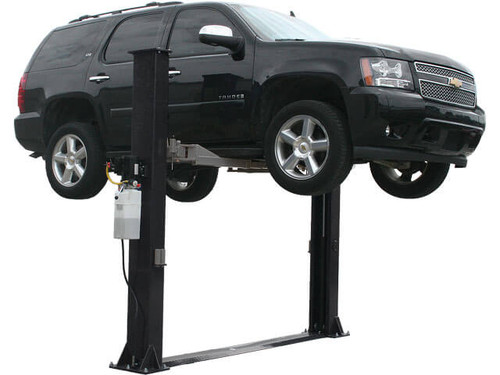Realtor.com quoted me in Neighbors Sue Man for Tinkering With Cars in His Own Garage. It opens,
Charles Williams loves working on cars, a hobby he’s continued even after losing his legs in 1993 in a freak construction accident. So in 2007, he poured $65,000 into building a nearly 2,000-square-foot four-car garage next to his house in Harbeson, DE. The place—which has vintage license plates covering the walls and lifts so he and his buddies can tinker to their heart’s content without lying on the concrete floor—is a car nut’s fantasy. At least, it was, until some of Williams’ neighbors—apparently offended by the sight, smell, and sounds of guys doing guy stuff—decided to sue Williams for repairing cars in his own garage.
In 2014, three of Williams’s neighbors—Margaret Foulke next door and John and Carol Kane, who live 800 feet down the road—filed a lawsuit against Williams saying that the garage was a noisy, stinky nuisance and must be torn down, according to The Cape Gazette. In June, a judge ruled in favor of Williams, explaining simply, “Mr. Williams has a not-uncommon hobby—working on cars—that he pursues with an uncommon vigor.”
Nonetheless, the neighbors plan to take their case up the chain to the Delaware Supreme Court.
Williams says he’s spent $30,000 defending himself from his accusers, who also claim he built the garage without permits and runs it as an illegal business. But Williams denies these allegations as well, saying he received the proper permission to build and has never accepted money in exchange for repairs. In fact, he has even fixed vehicles owned by the very people are demanding that he tear down his garage!
“I’ve fixed their lawnmowers, I’ve fixed their tractor, I’ve fixed their golf carts… I did everything for them, anything they asked, since that’s what neighbors do,” says Williams.
At first glance, the plaintiffs seem like candidates for a “worst neighbors” award. But we had to wonder: Is there anything to this case? Is it ever illegal for to tinker with cars in your own garage?
While local laws vary by area, as a general rule, David Reiss, a professor of Law at Brooklyn University and editor of REFinBlog.com, thinks the neighbors are spinning their wheels.
“The facts sure don’t seem to be on their side, at least as this article portrays them,” says Reiss. Here’s a rundown of the neighbor’s complaints about the garage, and why Williams appears to be in the clear.
Noise complaints
“There are a lot of loud things in and near homes,” points out Reis. Compare a vacuum cleaner at 10 feet (70 decibels) to a lawnmower (as high as 90 decibels) to a train (100 decibels).
“Many localities have restrictions on the decibel level of noise that can come from a property, but those levels can be pretty darn high,” Reiss explains. “New York City, for instance, limits garbage trucks to 80 decibels from a distance of 35 feet when they’re not compacting. It limits music from commercial establishments to 42 decibels when measured from inside a neighbor’s home.”
In other words, the sound of a few motors running or rock music probably aren’t loud enough to write home about—or to sue over.
Noxious fumes and other nuisances
Sure, these neighbors could claim that the eau de motor oil emanating from William’s garage is a “nuisance.” It’s just that they would have to be deemed “unreasonable in the context of their residential neighborhood,” says Reiss.
“The neighbors could also argue that the increased traffic that resulted from this use was a nuisance too, but that also seems like a major stretch,” says Reiss.
Illegal activity
“The neighbors could claim that Williams is running a commercial establishment in a residential neighborhood, but it sounds from the article like the facts don’t support this claim,” says Reiss. So unless the neighbors catch a huge wad of cash passing hands, Williams is just a regular dude who digs cars.









